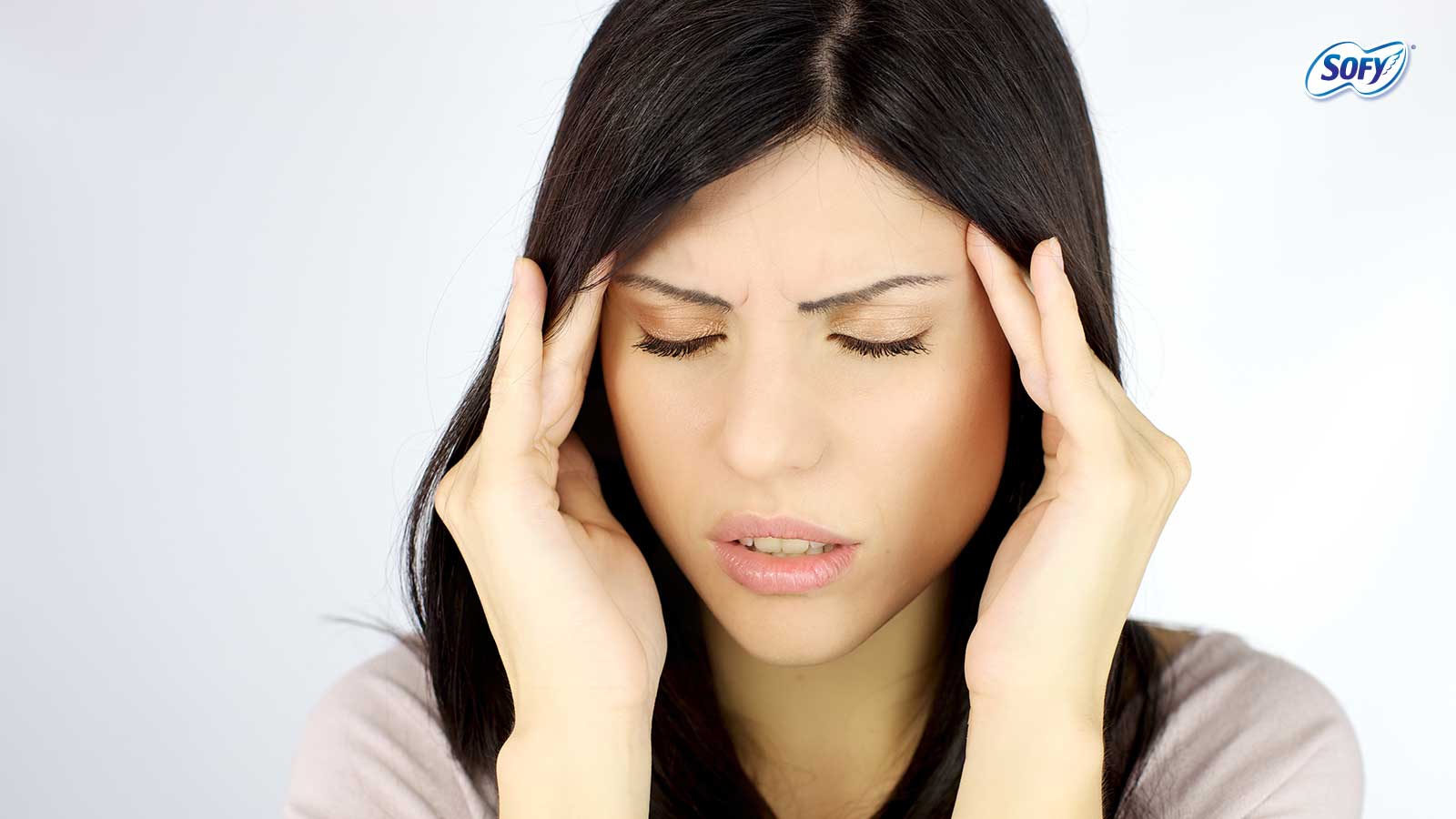Getting a headache or more specifically a migraine during your period is not an uncommon thing in the least, and there can be many reasons as to why the headache occurs during this time. The main reason for this can be due to the drop in the hormone, estrogen.
Symptoms:
Prior to the occurrence of a migraine, there might be a few tell-tale signs that you will experience.
- Changes in smell and taste
- Numbness in both hands and face
- One might also have difficulty thinking
- Sensitivity to light
- Vomiting
- Pain behind one eye or ear
- Flashes of light
- Seeing spots
Reasons:
There are a few things or habits in particular that can influence that chances of a woman getting a migraine during her periods. These include:
- Consumption of alcohol or drugs
- Being exposed to extreme weather fluctuations or conditions
- Bad sleeping habits
- Fasting or skipping meals
- Stressful conditions or situations
- Intake of artificial sweeteners
Treatment:
Though you may think you know a thing or two about migraines during periods, popping a pill on your own accord never did anyone any good. Your best bet would be to consult your doctor if the migraine is something you are having a hard time dealing with.
- Over-The-Counter medication that has been approved and suggested by your doctor can be your best and safest bet.
- A few painkillers or beta-blockers are something that you need a prescription for but are also extremely effective in numbing the pain of the migraine down quite a bit
- Natural remedies like taking supplements and vitamins also have a positive effect on a person’s migraine. Try including supplements of B2 or riboflavin in your diet along with other things suggested by your doctor.
- The right kind of exercise can also be tremendously helpful when it comes to helping you cope with the pain of the migraine
- Try to take as little stress as possible when you are on your periods as it has been proven that stress also causes migraines to worsen.

